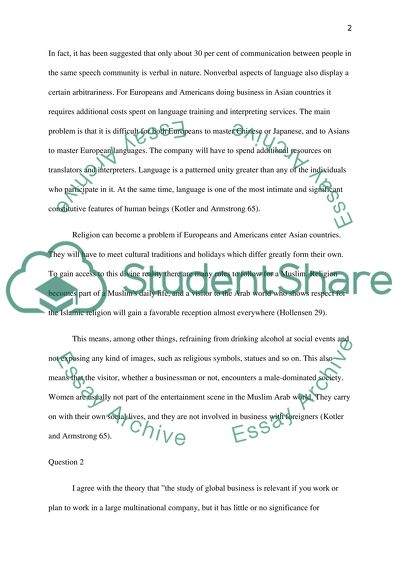Cite this document
(“Global Marketing: a Decision-Oriented Approach Article”, n.d.)
Global Marketing: a Decision-Oriented Approach Article. Retrieved from https://studentshare.org/marketing/1524758-international-management-college-essay
Global Marketing: a Decision-Oriented Approach Article. Retrieved from https://studentshare.org/marketing/1524758-international-management-college-essay
(Global Marketing: A Decision-Oriented Approach Article)
Global Marketing: A Decision-Oriented Approach Article. https://studentshare.org/marketing/1524758-international-management-college-essay.
Global Marketing: A Decision-Oriented Approach Article. https://studentshare.org/marketing/1524758-international-management-college-essay.
“Global Marketing: A Decision-Oriented Approach Article”, n.d. https://studentshare.org/marketing/1524758-international-management-college-essay.


